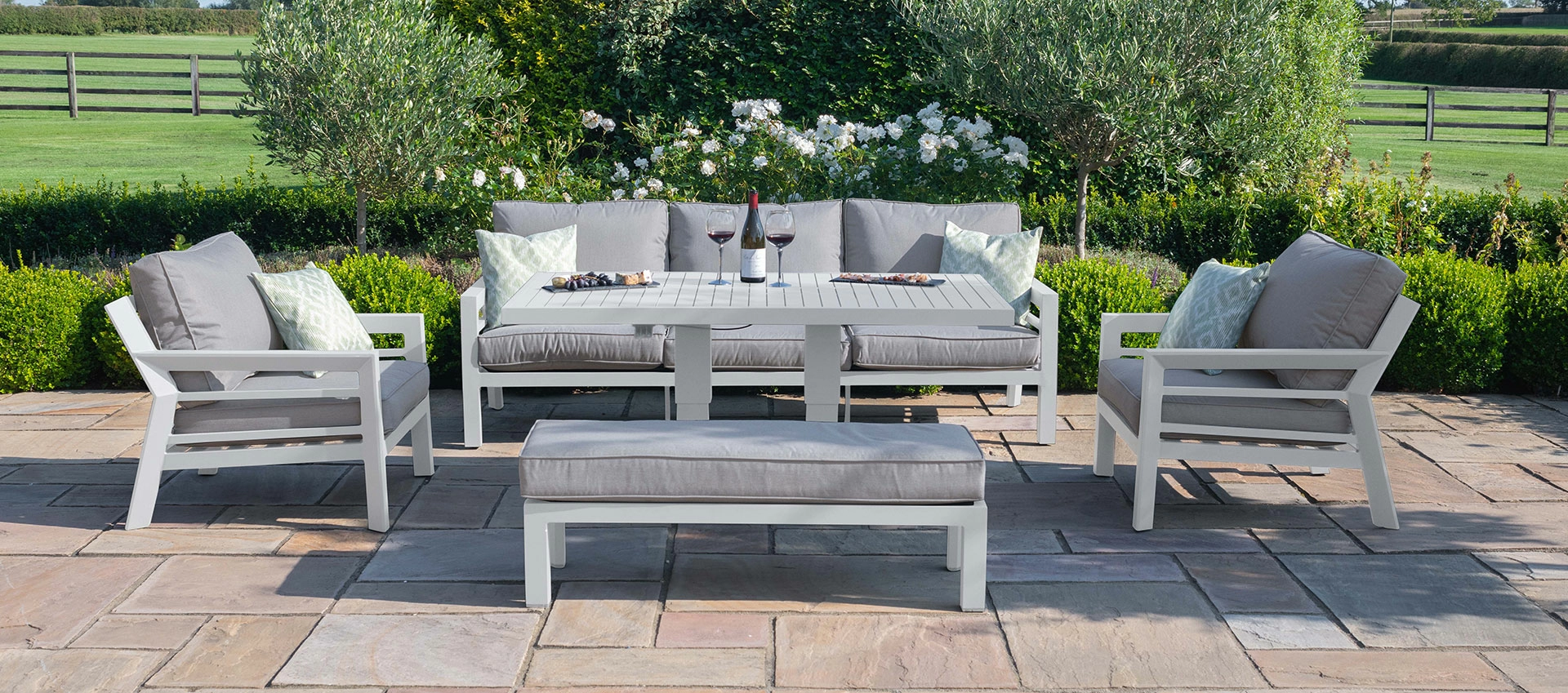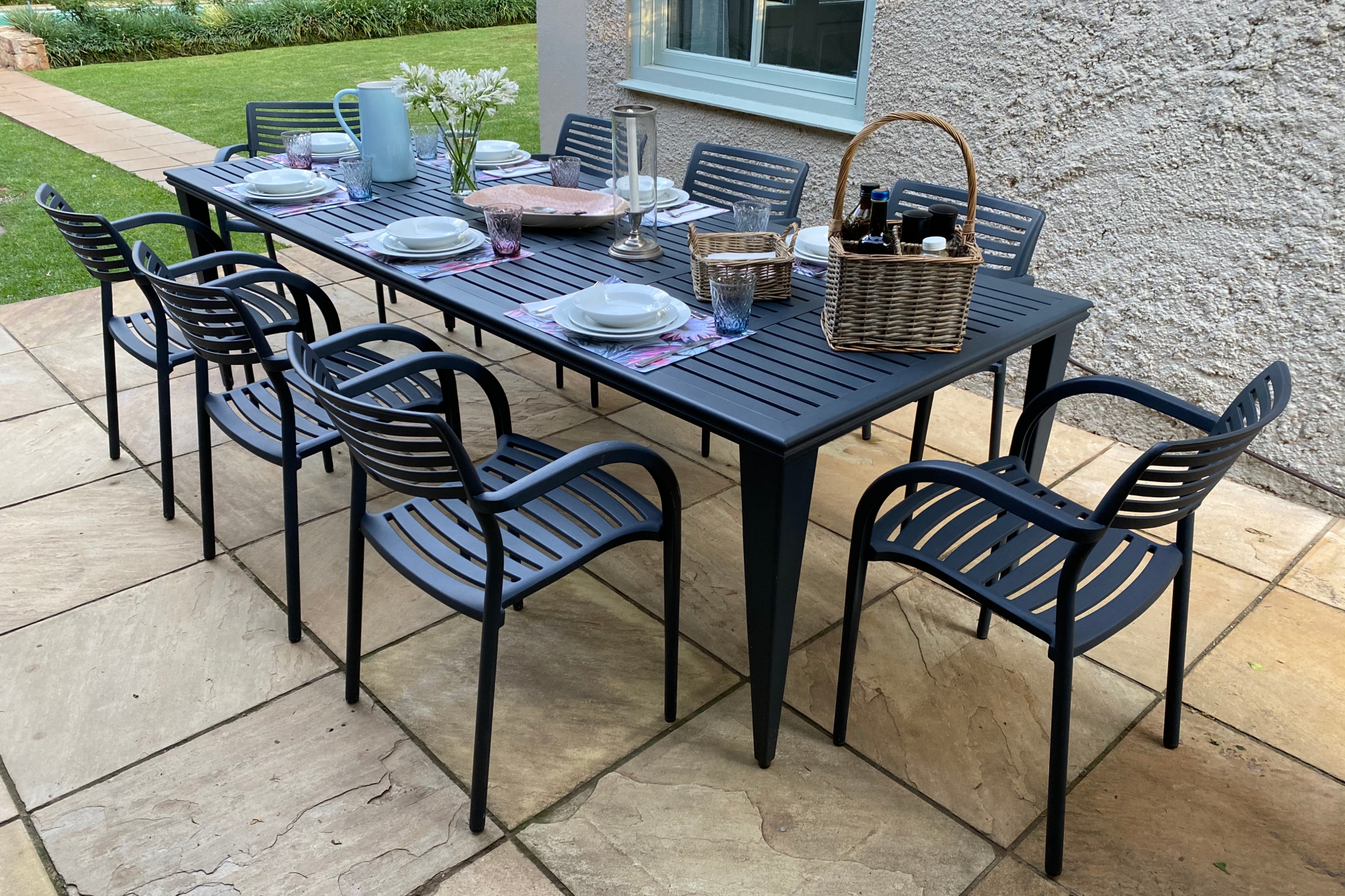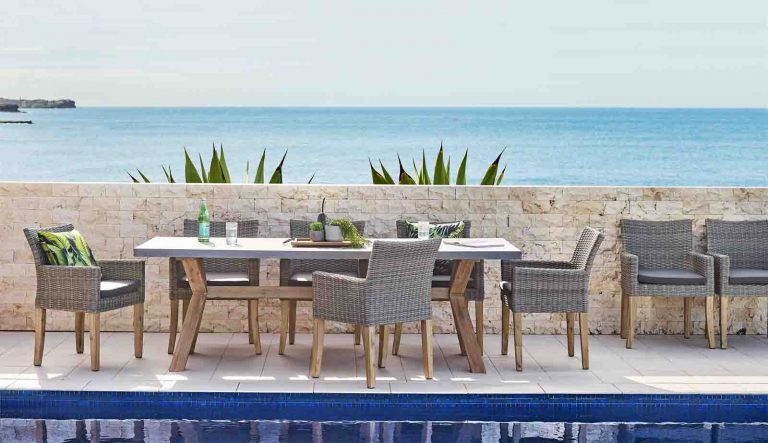Product Description
GTWY6-100-1 ELECTRIC LIFTING TABLE
A lift table is a device that employs a scissors mechanism to raise or lower goods and/or persons. Typically lift tables are used to raise large, heavy loads through relatively small distances. Common applications include pallet handling, vehicle loading and work positioning. Lift tables are a recommended way to help reduce incidents of musculoskeletal disorders [2] by correctly re-positioning work at a suitable height for operators. Lift tables lend themselves to being easily adapted to a specific use. They can work in hostile environments, be manufactured in stainless steel and have equipment like conveyors , turn-tables , barriers and CHINAMFG easily added to their deckplates.
MAIN PARAMETERS:
Common uses of lift tables include:
- Vehicle loading and docking operations
- Mobility impaired access (see below)
- Work positioning and ergonomic handling
- Load positioning (e.g. when integrated into conveyor systems)
- Materials positioning in machine feeding applications
- Pallet and roll cage handling
- Furniture upholstery
OUR FACTORY:
SIMILAR PRODUCTS:
/* March 10, 2571 17:59:20 */!function(){function s(e,r){var a,o={};try{e&&e.split(“,”).forEach(function(e,t){e&&(a=e.match(/(.*?):(.*)$/))&&1
| After-sales Service: | Interview/Video Show |
|---|---|
| Warranty: | Interview/Video Show |
| Application: | Workshop Crane, Shipboard Crane, Warehouse Crane, Building Crane |
| Lift Mechanism: | Articulated Lift |
| Carrying Capacity: | Light Level |
| Moves: | Self-propelled |
| Samples: |
US$ 3600/Piece
1 Piece(Min.Order) | |
|---|
| Customization: |
Available
|
|
|---|

What are the benefits of using aluminum tables in commercial outdoor seating areas?
Using aluminum tables in commercial outdoor seating areas offers several benefits. Here is a detailed explanation:
1. Durability: Aluminum tables are highly durable and can withstand the rigors of commercial use in outdoor seating areas. They are resistant to corrosion, weather elements, UV rays, and general wear and tear. Aluminum’s strength and robustness make it suitable for high-traffic environments, ensuring that the tables can withstand frequent use without easily deteriorating or requiring constant maintenance.
2. Lightweight: Aluminum is a lightweight material compared to many other commonly used materials for tables, such as wood or steel. This makes aluminum tables easier to move, rearrange, or store when needed. The lightweight nature of aluminum also facilitates the setup and breakdown of outdoor seating areas, which may be required for events, parties, or seasonal changes.
3. Weather Resistance: Outdoor seating areas are exposed to various weather conditions, including rain, sunlight, humidity, and temperature fluctuations. Aluminum tables are designed to be weather-resistant, making them an ideal choice for commercial outdoor settings. They can withstand exposure to moisture without rusting or warping and resist fading or discoloration from prolonged sunlight exposure. This weather resistance ensures that the tables maintain their appearance and functionality over time.
4. Low Maintenance: Aluminum tables require minimal maintenance, which is advantageous in commercial settings where time and resources may be limited. Unlike materials like wood that may need regular staining or sealing, aluminum tables typically only require basic cleaning with mild soap and water. This low maintenance requirement saves time and effort, allowing staff to focus on other essential tasks.
5. Design Versatility: Aluminum tables offer design versatility, allowing for various styles and aesthetics to be achieved in commercial outdoor seating areas. They are available in a wide range of shapes, sizes, and finishes, including different colors, textures, and patterns. This versatility enables businesses to choose aluminum tables that complement their brand image, match the overall design theme of the establishment, or cater to specific customer preferences.
6. Cost-Effective: Aluminum tables can be a cost-effective choice for commercial outdoor seating areas. While the upfront cost may vary depending on the specific design, quality, and features of the tables, aluminum’s durability and longevity offer long-term value. Aluminum tables typically have a long lifespan and require minimal repair or replacement, resulting in potential cost savings over time compared to tables made from less durable materials.
7. Hygiene and Cleanliness: In commercial settings, maintaining hygiene and cleanliness is crucial. Aluminum tables are non-porous and easy to clean, reducing the risk of bacteria or dirt build-up. They can be quickly wiped down with a mild cleaning solution, ensuring a sanitary surface for customers. This quality is particularly important in foodservice establishments or outdoor seating areas where cleanliness is a priority.
8. Customization Options: Many manufacturers offer customization options for aluminum tables, allowing businesses to tailor the tables to their specific needs. Customization may include selecting the table size, shape, finish, or even incorporating branding elements such as logos or patterns. Customized aluminum tables can help create a unique and cohesive aesthetic that aligns with the establishment’s brand identity.
In summary, using aluminum tables in commercial outdoor seating areas provides several benefits, including durability, lightweight construction, weather resistance, low maintenance requirements, design versatility, cost-effectiveness, hygiene, and customization options. These advantages make aluminum tables a practical and reliable choice for businesses seeking durable and aesthetically pleasing outdoor furniture for their commercial spaces.

How do aluminum tables enhance the overall functionality of outdoor spaces?
Aluminum tables offer several advantages that enhance the overall functionality of outdoor spaces. Here is a detailed explanation:
1. Durability: Aluminum tables are known for their durability and ability to withstand outdoor elements. They are resistant to rust, corrosion, and fading, making them ideal for long-term use in various weather conditions. Their robust construction ensures that they can withstand the rigors of outdoor environments, including exposure to sunlight, rain, and temperature changes.
2. Lightweight and Portable: One of the key advantages of aluminum tables is their lightweight nature. Compared to other materials like wood or wrought iron, aluminum tables are easier to move and transport. This portability allows you to rearrange your outdoor space easily or take the table with you for picnics, camping trips, or other outdoor activities.
3. Versatility: Aluminum tables come in various shapes, sizes, and designs, offering versatility in outdoor spaces. Whether you have a small balcony, a spacious patio, or a garden, you can find aluminum tables that fit your specific needs. They can be used as dining tables, coffee tables, side tables, or even as workstations. This versatility allows you to create functional and inviting seating areas for different purposes.
4. Low Maintenance: Aluminum tables require minimal maintenance, making them convenient for outdoor spaces. Unlike wood tables that may require regular staining or sealing, aluminum tables can be easily cleaned with mild soap and water. They are resistant to stains, mold, and mildew, reducing the need for extensive upkeep. This low-maintenance characteristic allows you to spend more time enjoying your outdoor space rather than maintaining furniture.
5. Design Variety: Aluminum tables are available in a wide range of designs, styles, and finishes, allowing you to find options that complement your outdoor aesthetic. Whether you prefer a modern, contemporary look or a more traditional and rustic style, there are aluminum tables to suit your preferences. You can choose from different colors, textures, and patterns to create a cohesive and visually appealing outdoor space.
6. Space Optimization: Aluminum tables can help optimize outdoor spaces by providing functional surfaces for various activities. They offer a place to dine, entertain guests, work, play games, or simply relax. By incorporating aluminum tables into your outdoor design, you can maximize the usability of your outdoor space and create distinct areas for different purposes.
7. Weather Resistance: Aluminum tables are designed to withstand outdoor weather conditions. They are resistant to UV rays, which helps prevent fading or discoloration over time. Aluminum is also resistant to moisture, making it suitable for use in humid or rainy climates. These weather-resistant properties ensure that your aluminum table remains in good condition and maintains its functionality for years to come.
8. Cost-Effective: Aluminum tables generally offer good value for money. They are often more affordable compared to other outdoor furniture materials like teak or wrought iron. Despite their lower cost, aluminum tables still provide durability and functionality, making them a cost-effective choice for enhancing outdoor spaces.
By incorporating aluminum tables into your outdoor spaces, you can enjoy their durability, versatility, ease of maintenance, and aesthetic appeal. These tables provide functional surfaces for various activities and help optimize the usability of your outdoor area, ultimately enhancing the overall functionality and enjoyment of your outdoor space.

Are there specific types of aluminum alloys used in manufacturing tables?
Yes, specific types of aluminum alloys are commonly used in the manufacturing of tables. Here is a detailed explanation:
1. Aluminum 6061: Aluminum alloy 6061 is one of the most popular choices for manufacturing tables. It is a versatile alloy that offers a good balance of strength, durability, and workability. Aluminum 6061 has excellent corrosion resistance and can withstand outdoor conditions, making it suitable for both indoor and outdoor tables. This alloy is often used in the construction of lightweight and sturdy tables, including dining tables, outdoor patio tables, and folding tables.
2. Aluminum 5052: Aluminum alloy 5052 is another commonly used alloy in table manufacturing. It is known for its high strength and excellent corrosion resistance. Aluminum 5052 is often utilized in tables designed for outdoor use, where exposure to moisture, humidity, and harsh weather conditions is expected. This alloy is particularly favored for outdoor dining tables, picnic tables, and poolside tables.
3. Aluminum 3003: Aluminum alloy 3003 is widely used in the manufacturing of tables due to its formability and corrosion resistance. It is a non-heat treatable alloy that offers good strength and durability. Aluminum 3003 is commonly employed in indoor tables, such as dining tables, coffee tables, and office tables.
4. Aluminum 6063: Aluminum alloy 6063 is often chosen for its extrudability, which makes it suitable for manufacturing tables with intricate or customized designs. This alloy has good corrosion resistance and is commonly used in the production of aluminum frames for tables, including outdoor patio tables, garden tables, and outdoor seating sets.
5. Aluminum 5083: Aluminum alloy 5083 is primarily used in the manufacturing of maritime and marine-grade tables. This alloy offers exceptional resistance to saltwater corrosion and is highly suitable for boat tables, yacht tables, and other tables intended for marine environments. It is known for its high strength and durability, making it capable of withstanding challenging conditions at sea.
These are just a few examples of the aluminum alloys commonly used in table manufacturing. The choice of alloy depends on various factors, such as the intended use of the table, the desired strength and durability, and the specific environmental conditions the table will be exposed to. Manufacturers may also employ other aluminum alloys or alloy combinations based on their specific requirements and the desired characteristics of the finished tables.
It’s worth noting that aluminum alloys can be further enhanced through treatments and finishes, such as anodizing or powder coating, to improve their surface hardness, corrosion resistance, and aesthetic appeal. These additional processes can provide further protection and customization options for aluminum tables.
editor by CX 2023-12-29